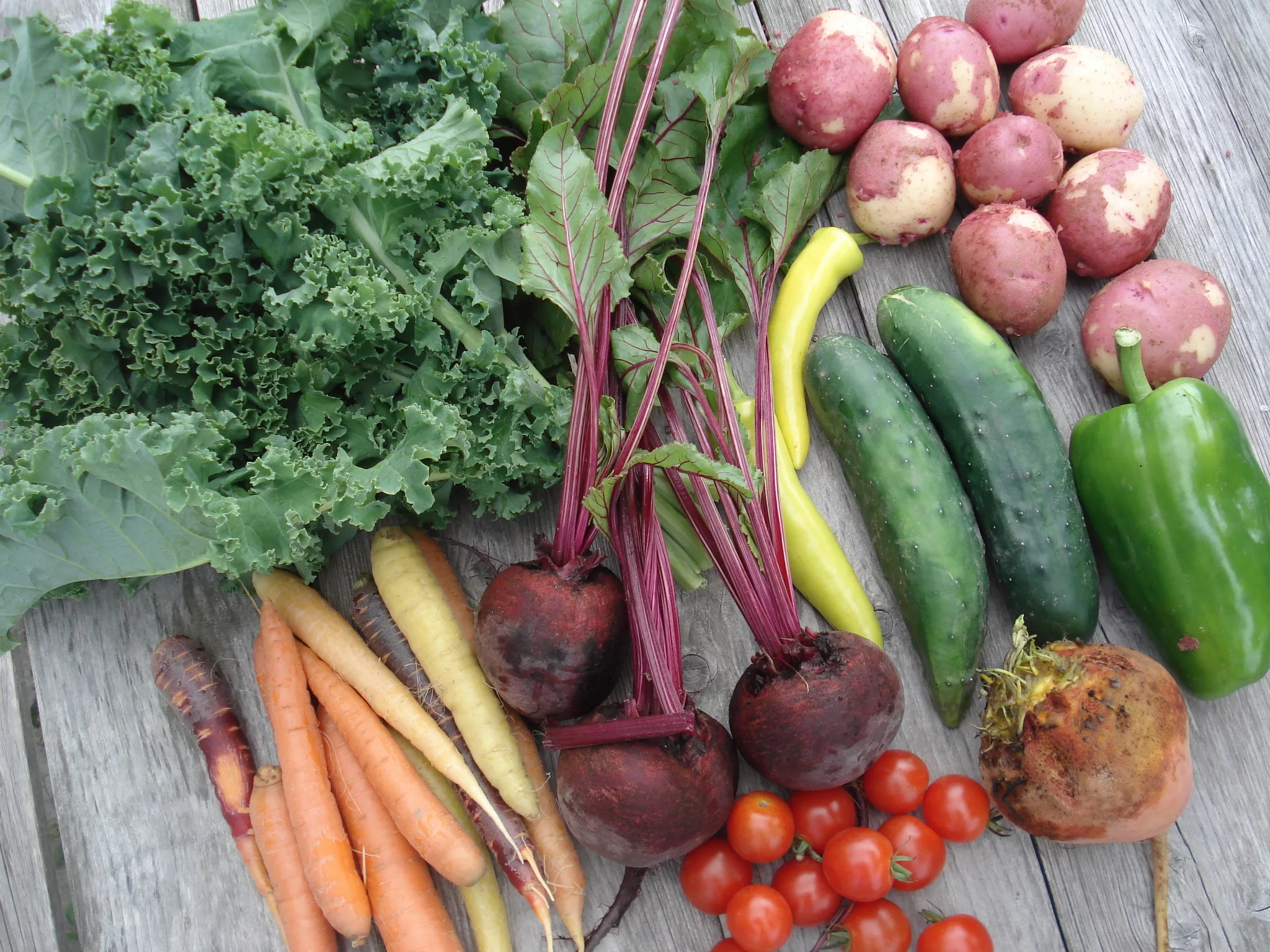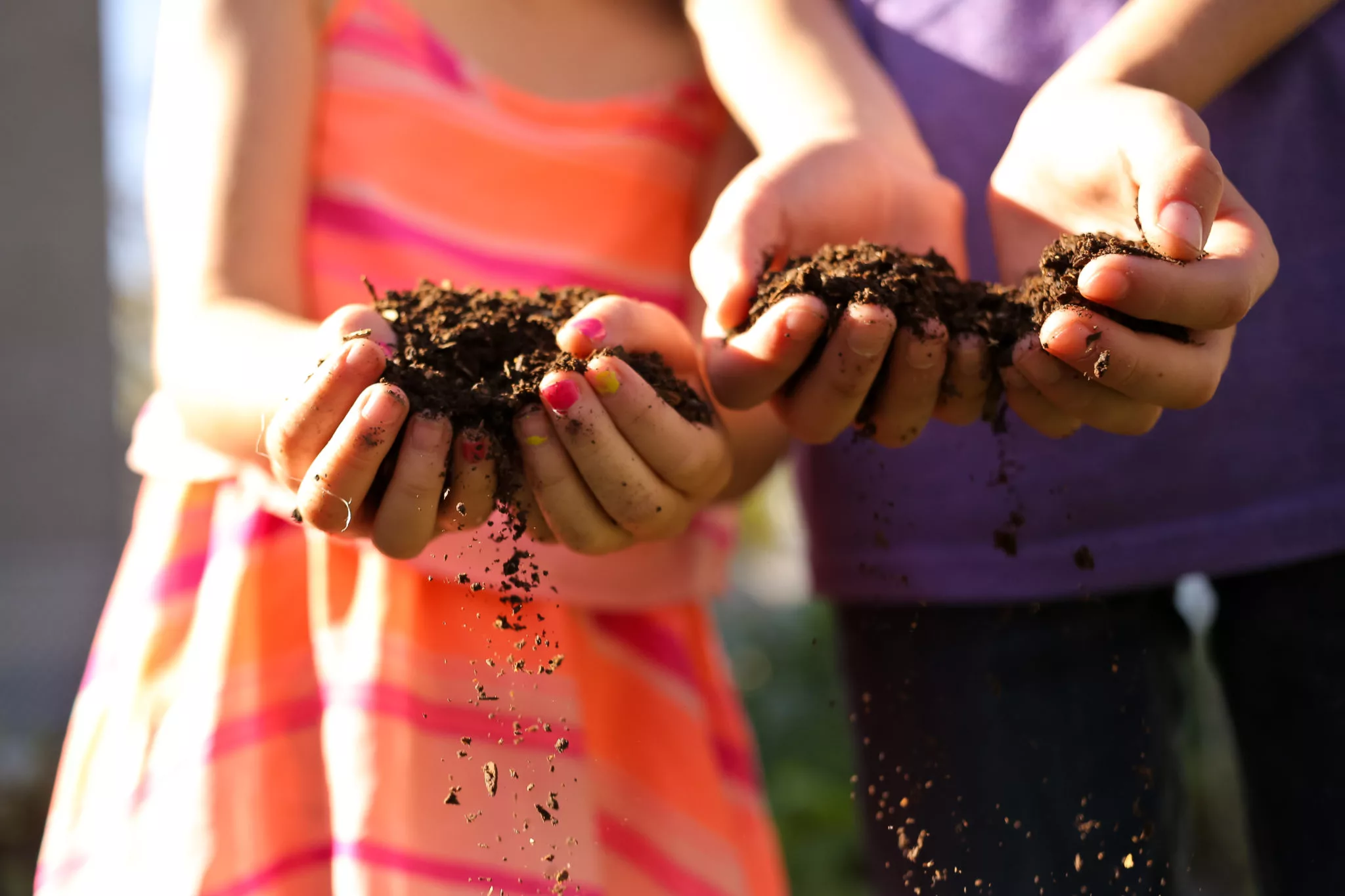Composting
Food Waste Reduction

Reducing food waste helps save money while also protecting the planet. From meal planning to finding ways to preserve your food, there is a lot you can do to reduce the amount of food waste coming out of your home or business.
Food Waste Reduction Tips

Meal plan using an online portion planning calculator to help determine how much food you should purchase (or grow)

Learn about effective fridge storage solutions to keep your food fresh for as long as possible

Eat your leftovers in their original form, or make your them into a new dish.

If you’re not going to eat something before it spoils, think about how you can preserve it through freezing, canning, or dehydrating
Options to save food from events, restaurants, stores, and gardens/farms
Here are a few resources to help ensure that any food “waste” you have doesn’t end up in the landfill
Compost Winnipeg
Compost Winnipeg collects inedible food and scraps from their grocery stores to be turned into compost!
Leftovers
Leftovers picks up good food that is close to its best before date to distribute to different service agencies!
Leftovers Home Harvest
Partner with Leftovers volunteers to have someone harvest fruit and vegetables from backyard trees and gardens.
Loop
Loop partners rural stores with farmers, where farmers can pick up food that would normally go to waste and use it as animal feed!
Our Pilot Project

Red River Co-op Pilot
Lorem ipsum dolor sit amet, consectetur adipiscing elit. Suspendisse eget accumsan ex, eu feugiat orci. Nam nec risus metus. Duis rhoncus sit amet libero vitae rutrum. Lorem ipsum dolor sit amet, consectetur adipiscing elit. Suspendisse eget accumsan ex, eu feugiat orci. Nam nec risus metus. Duis rhoncus sit amet libero vitae rutrum. Lorem ipsum dolor sit amet, consectetur adipiscing elit. Suspendisse eget s. Duis rhoncus sit amet libero vitae rutrum. Lorem ipsum dolor sit amet, consectetur adipiscing elit. Suspendisse eget accumsan ex, eu feugiat orci.

Resources
Harvest Time | Tips, Tricks and Preservation
Top Ten Tips to Reduce Food Waste
Let’s all “Chip In” and recycle our Christmas trees this year!
Get in Touch
Alexa Dawn
Compost & Waste Reduction Program Coordinator
(204) 925-3777 ext. 104
·
Email +


